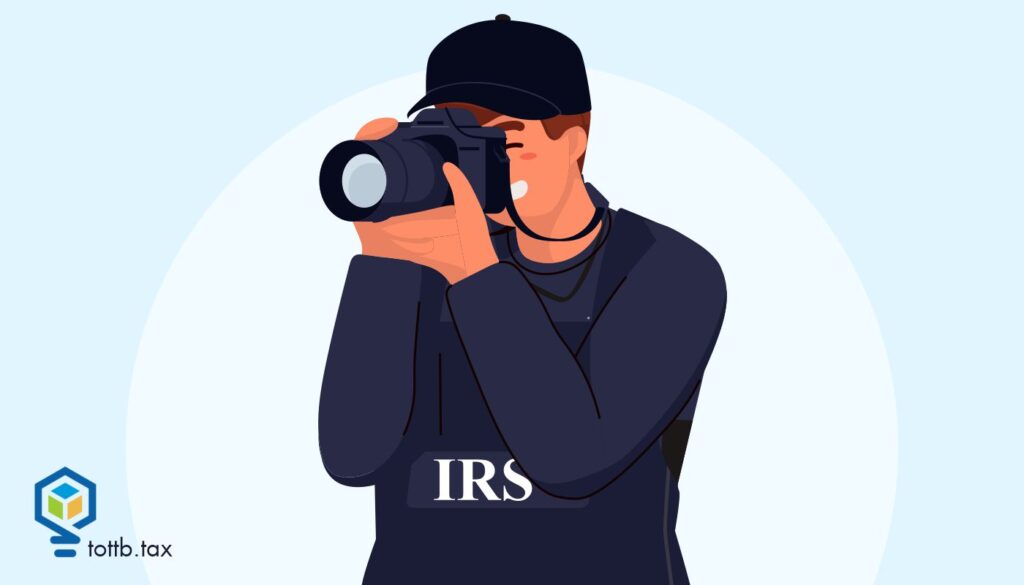All Podcasts
Our podcast shares samples from our exclusive articles, written by some of the top working tax professionals in the industry, voiced in a conversational-style for our valued monthly & annual subscribers who are on the go!
This podcast is AI generated and may introduce errors that the original source material does not have. Further, the audio versions may be lacking citations that the original written materials provide. At all times, refer to the original written source material found exclusively here on our website.
FOR ENTERTAINMENT PURPOSES ONLY.

Fleeing High Tax States And The Stickiness Of Domicile
Part of preparing to leave a high state tax is facing up to the fact that the tax collectors of high-tax states can be kind of clingy. There is more to changing your residence for tax purposes than simple steps like a new driver’s license and a change in voter

Reflecting On The Conservation Easement Mess
As I write this, the most recent Tax Court opinion on a syndicated conservation easement deal is Jackson Stone South LLC. Good chance there will be another before I finish. Estimates indicate that there are over a thousand docketed cases. Jackson Stone can serve as a pretty good example of

The IRS in 2025: A Snapshot of Reality
The IRS is not the same agency we dealt with a decade ago, or even three years ago. The pandemic accelerated operational strain, exposing long-standing infrastructure weaknesses while also prompting overdue investment and modernization. Some areas have improved meaningfully, including digital tools, faster account updates, and improved phone service during

When TikTok Tax Hacks Backfire: Helping Clients Misled by Social Media Scams
Jessica, a self-employed consultant, was thrilled when she found a viral TikTok video promising a “little-known” tax trick. The video claimed she could get a huge refund by claiming a special Fuel Tax Credit and even writing off her family’s beach vacation as a business expense. Following the advice, Jessica




NOT A MEMBER YET?

SUBSCRIBE TO GET ALL OF OUR
GREAT ARTICLES AND RESOURCES!
CURRENT EDITION

The Benefits Your Military Veteran Clients Aren’t Using (And Why That’s a Planning Problem)
Why aren’t more veterans using the benefits they’ve earned? Part of the problem is awareness, and part of it is discomfort (for both veterans and advisors). After all, veteran benefits are rooted in service-connected health and trauma, placing them in a category that often feels more personal than financial. That alone can deter veterans from discussing their disability compensation and keep advisors from broaching the subject altogether. The result is financial plans that look optimized on paper but are built on incomplete assumptions and missed opportunities – opportunities that have been more than earned.

Start the Year Right: Your WISP Doesn’t Have to Be a Tax Season Nightmare
The mere mention of a WISP makes most tax professionals want to suddenly lose their internet connection. It sounds bureaucratic, technical, and deeply unfun. But here’s the good news: creating and maintaining a WISP does not have to feel like a compliance root canal. And ignoring it can turn into something far worse than an IRS audit. Let’s talk about why you need one, what it’s actually supposed to do, and how to get it done without wrecking your sanity in the middle of filing season.

Fleeing High Tax States And The Stickiness Of Domicile
Part of preparing to leave a high state tax is facing up to the fact that the tax collectors of high-tax states can be kind of clingy. There is more to changing your residence for tax purposes than simple steps like a new driver’s license and a change in voter registration.

